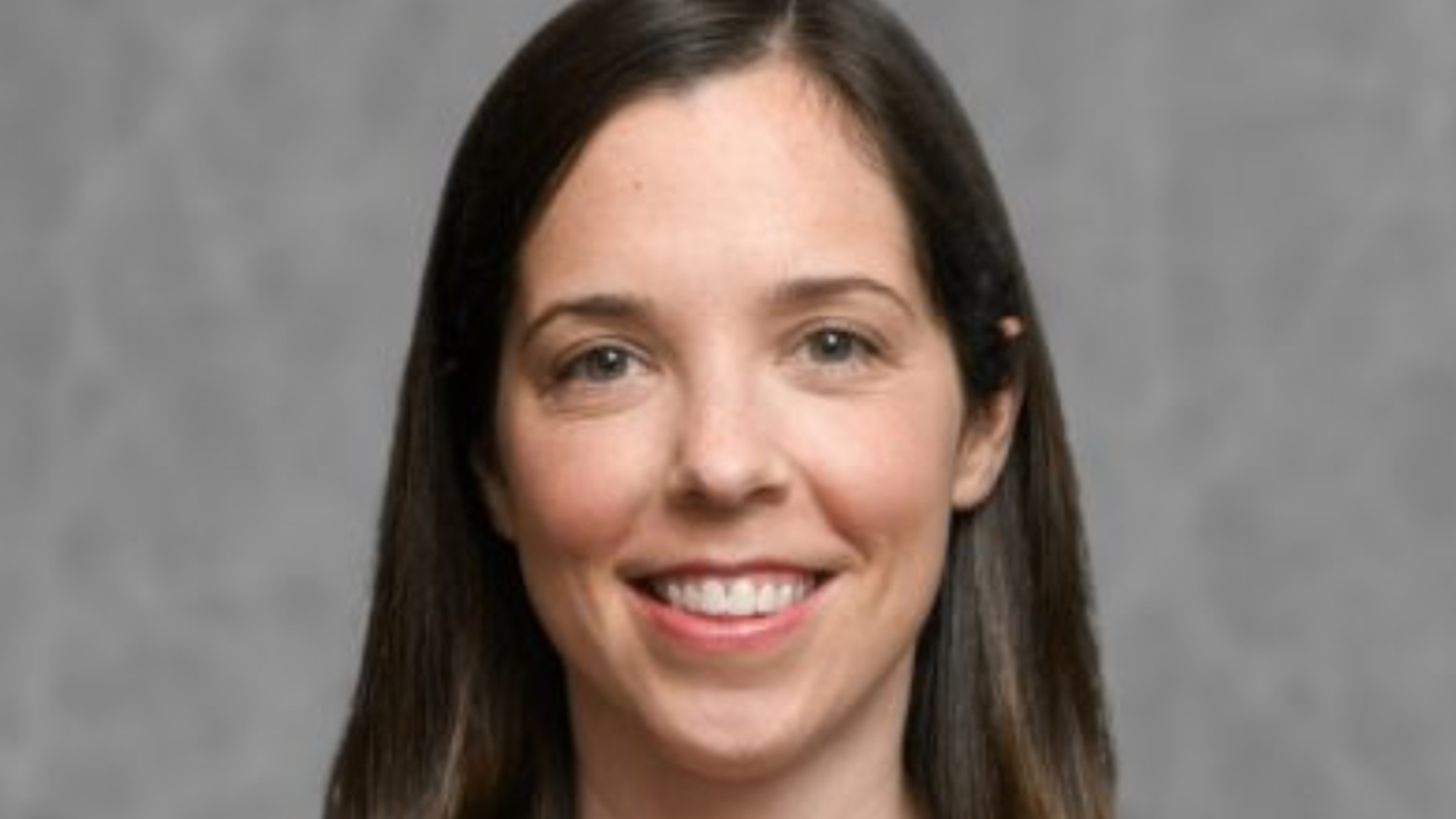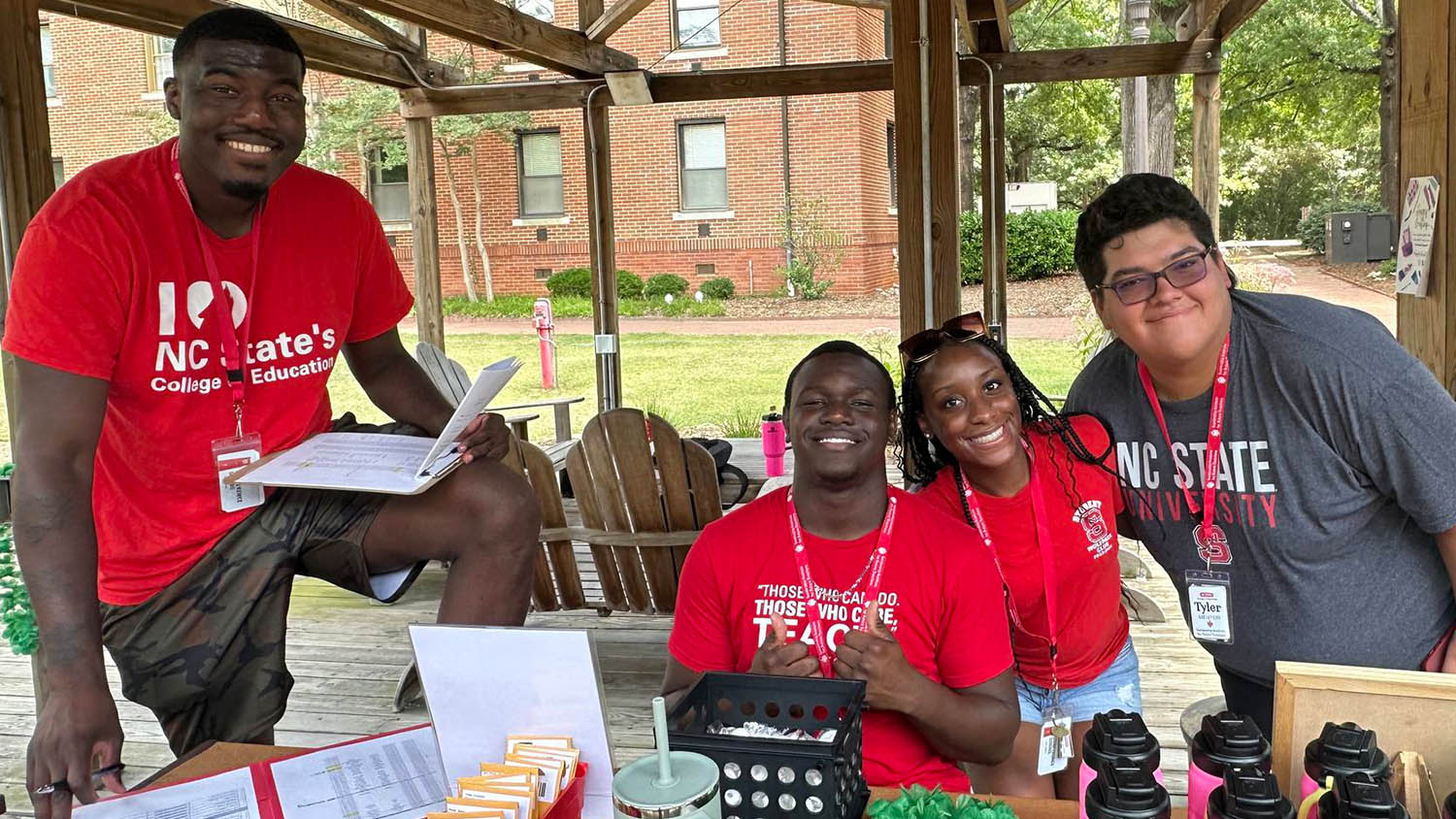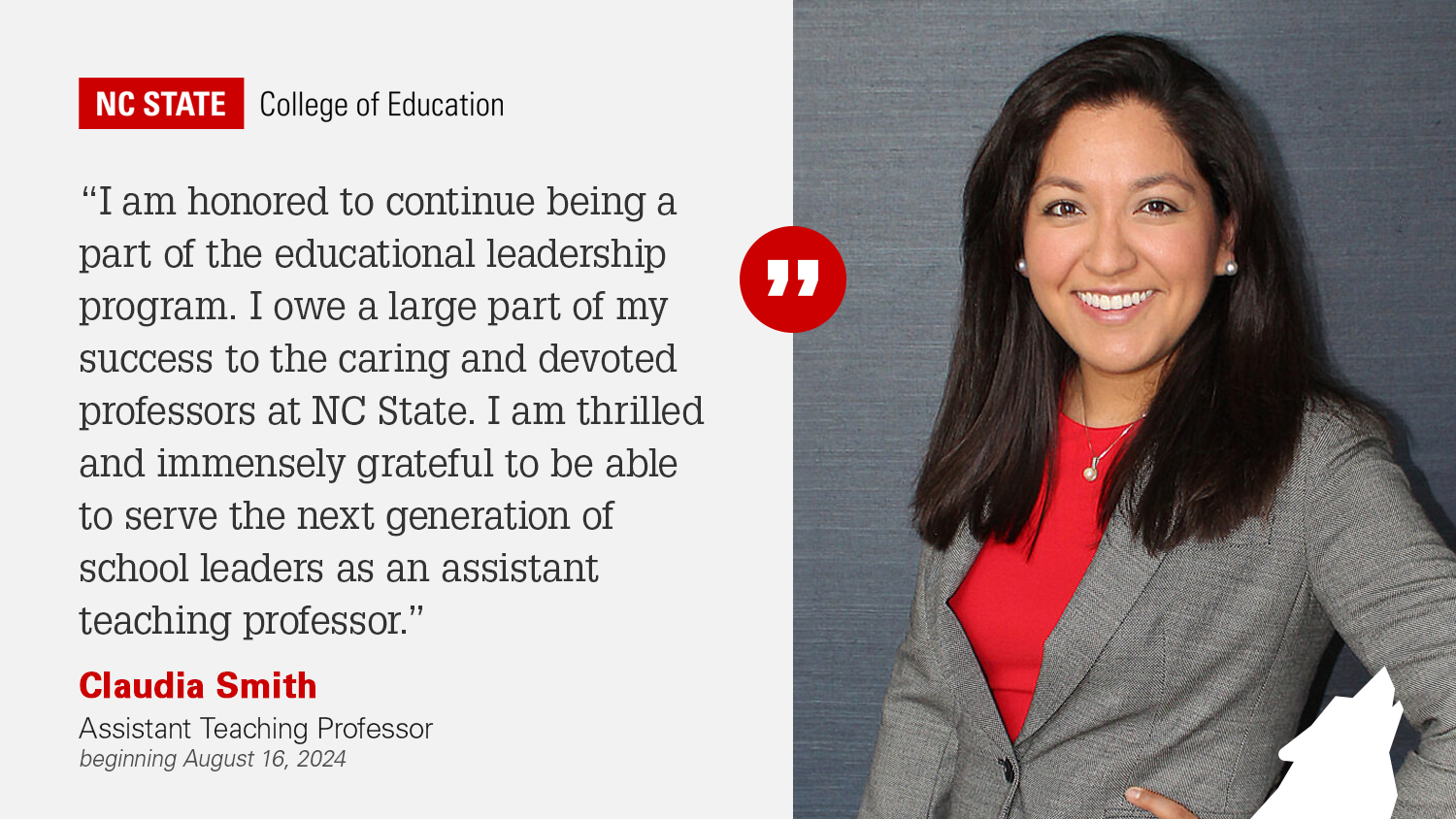‘I Have Intentionally Changed My Way of Thinking:’ Course Taught by Assistant Professor Jenn Ayscue Helps Students Gain New Perspectives on Equity Issues

Is it OK for educators to say they are “colorblind” — that they see everyone the same regardless of race — or does doing so take away from students’ identity, culture and heritage and allow racism to perpetuate in schools?
The discussion surrounding this question is one that several Master of School Administration students in the Education and Social Diversity course, taught by NC State College of Education Assistant Professor Jenn Ayscue, Ph.D., highlighted as helping to open their eyes to some of the equity issues that exist in schools.
“I’ve been in schools for 15 years, but being able to have the time to have these discussions and see those other perspectives has been so enlightening to me,” said Carrie Blanchard ‘22MSA, a Pre-K teacher at Alderman Road Elementary School in Fayetteville, North Carolina, and a Cumberland Cohort principal fellow.
Although this semester is the first time Ayscue is teaching a section of the course, Education and Social Diversity has been part of the curriculum for Master of School Administration students in the College of Education for several years. The course addresses issues including racial equity, anti-racism, school segregation, gender equity, economic inequality and opportunity gaps.
In addition to participating in classroom discussions, students had opportunities to participate in role play scenarios that allowed them to take on the role of a teacher and principal who must deal with equity-related issues and to take a questionnaire that helped them to identify their own implicit biases.
“The readings and assignments allowed me to question my beliefs and face my exposed self,” said Kacheckia Dewitt ‘22MSA, an Innovative Partnership Grant school coach at Alger B. Wilkins High School in Fayetteville and Cumberland Cohort principal fellow. “Dr. Ayscue had us expose ourselves to ourselves with the questionnaire that was made to identify our implicit biases. I was shocked at the results and I have since intentionally changed my way of thinking and challenged a bias I wasn’t aware of having.”
Despite the often sensitive subject matter, students said they feel comfortable in Ayscue’s course because she not only allows them to voice their opinions and viewpoints, but takes the time to correct common misconceptions and listen to feedback from her students.
Ayscue said she appreciates the fact that students in her classroom are able to have an open dialogue and said that she is motivated to continue doing work related to equity as she learns from them throughout the course.
“A lot of our conversations about racism and racial inequity have been really powerful this semester. The students have just been really raw and vulnerable about their personal experiences and I think that’s how all of us learn from each other and understand why we need to address these issues for our students and for future generations,” she said.
Ayscue, who researches school desegregation and integration, said she has appreciated the opportunity to share some of her own work on the subject in the course. She will be able to explore the issue of school segregation even further in the spring 2021 semester when she teaches the inaugural section of a new course for doctoral students in the education administration and supervision program.
This new course, which is tentatively called Education and Civil Rights, will explore civil rights policies and educational inequities in the United States using the perspectives of social science, education policy, history and law.
Amid ongoing calls for an end to racial injustice across the nation, Ayscue said it’s important for school leaders to understand that there is a difference between desegregated and truly integrated schools. While the Brown v. Board of Education decision in 1954 laid the foundation for integrating schools, Ayscue says that the peak of desegregation for Black students was in the 1980s. Since that time, schools have become increasingly more segregated and the shift toward a more multi-racial society means that future school leaders must approach racial integration in new, and potentially more effective, ways.
“I think raising awareness of these issues and being able to provide language and vocabulary to leaders who are seeing these issues play out in their schools is really powerful,” Ayscue said. “They’re very much aware of what’s going on, but being able to provide a context and a framework for understanding it helps them to address it and work with their communities in order to make progress.”
For Kristy Washington ‘22MSA, an instructional coach at Lewis Chapel Middle School in Fayetteville and Cumberland Cohort principal fellow, the course has already helped her make plans to promote equity in her district. For example, she has worked with teachers during the coronavirus pandemic to ensure equitable access by making sure they are not giving homework to students who do not have internet access after the busses with wifi hotspots leave the area for the day.
In addition, when schools return to full-time, face-to-face instruction, she plans to examine discipline data to make sure that it is representative of the school population and that minority groups are not being disproportionately disciplined.
“As an educator, I stand up for equity and I push back on things that I know are not benefitting our students,” she said. “As an instructional coach, I have a watchful eye ensuring that I talk with teachers when I see practices that are inequitable. I would not be able to do all these things had I not taken Dr. Ayscue’s equity class.”
- Categories:


